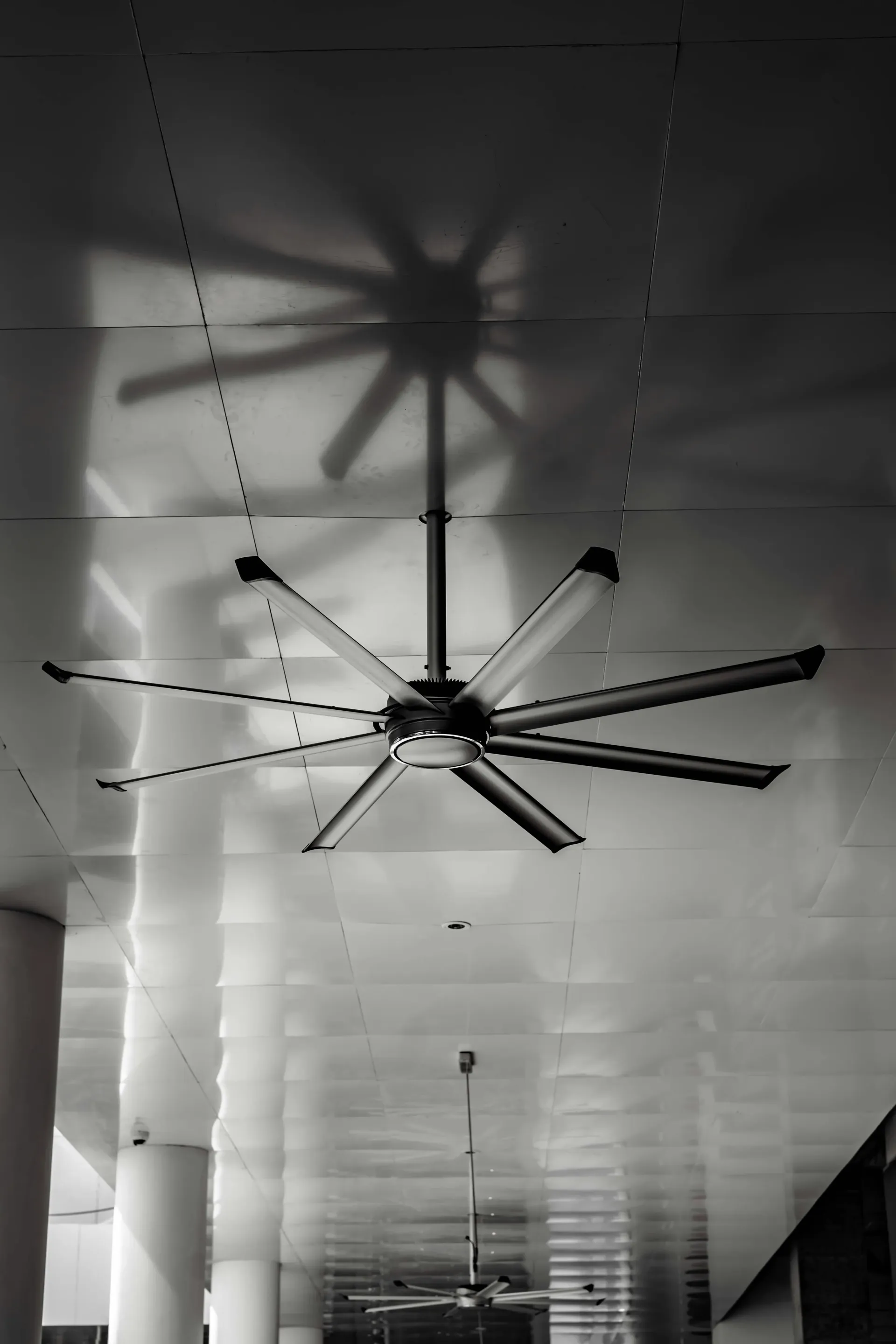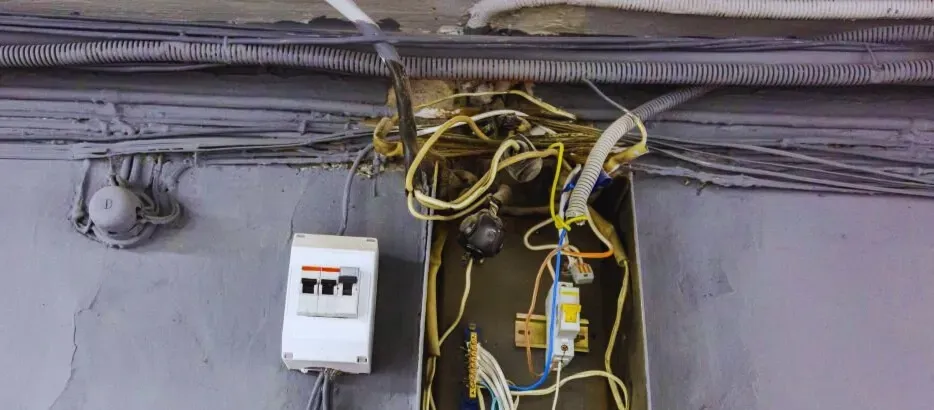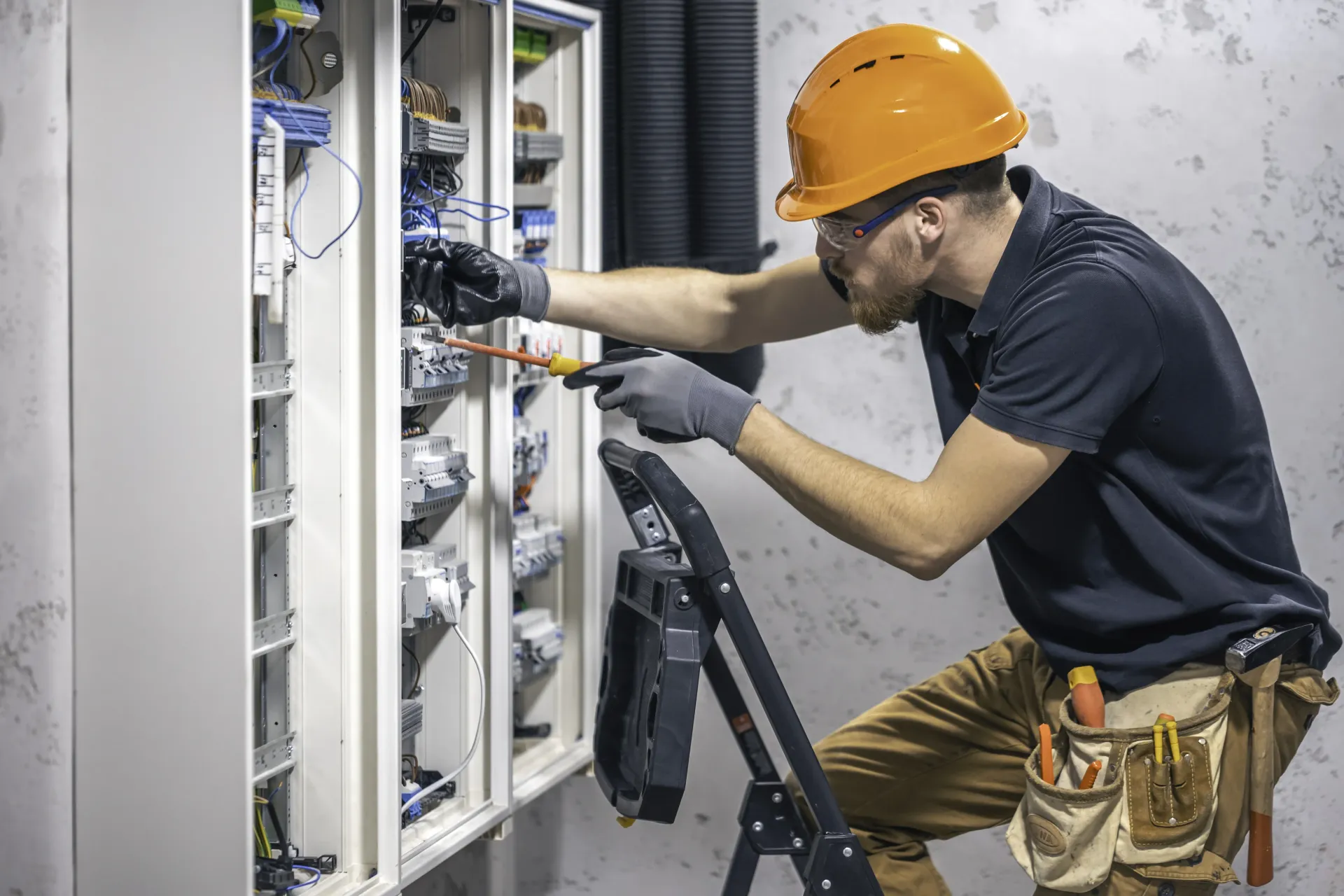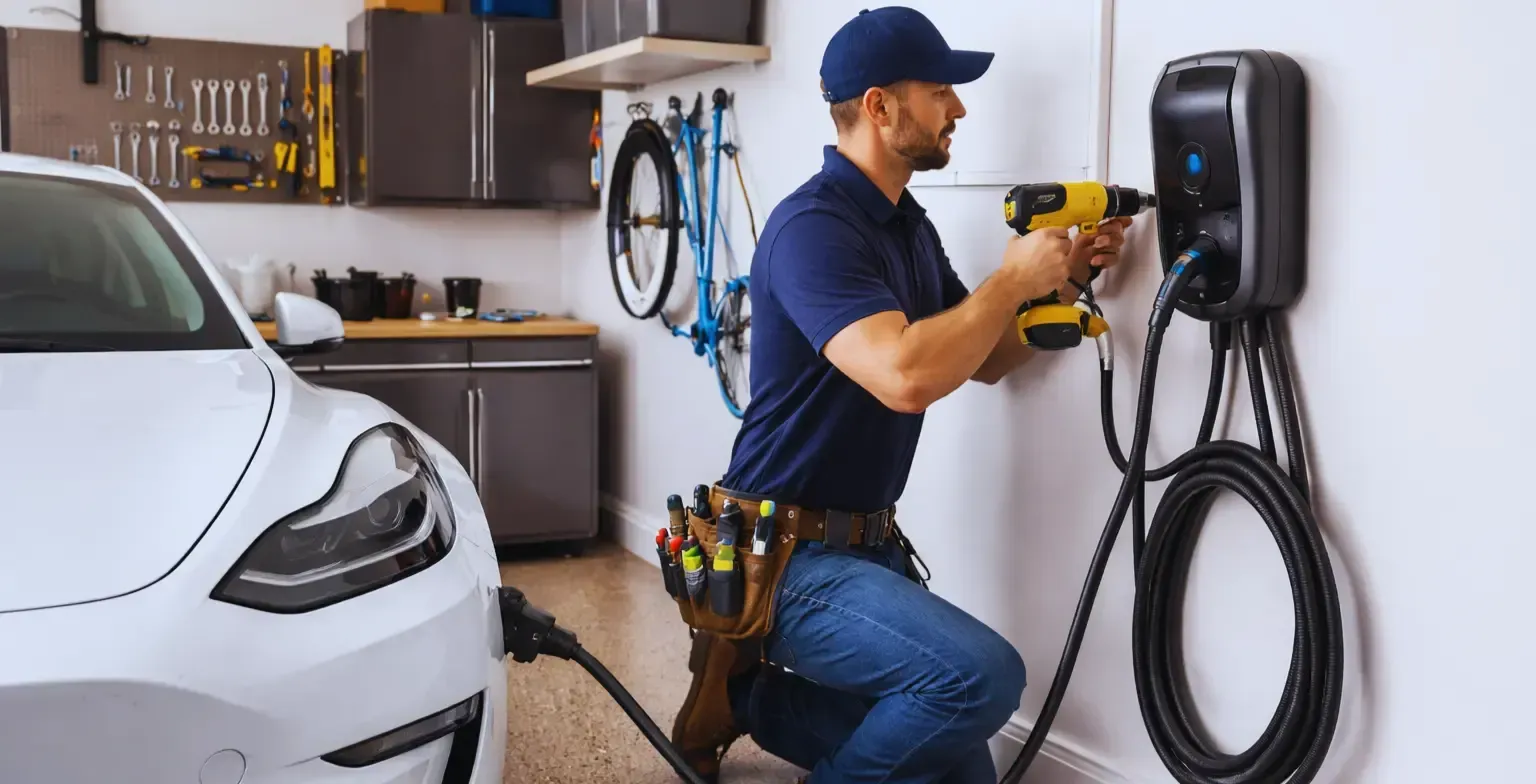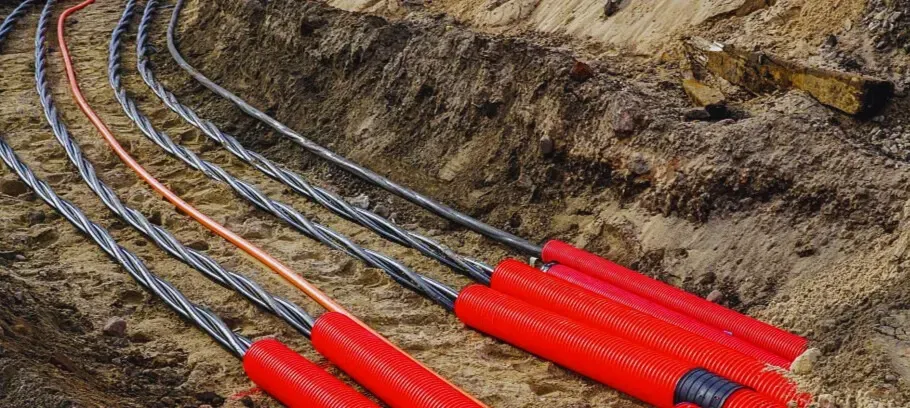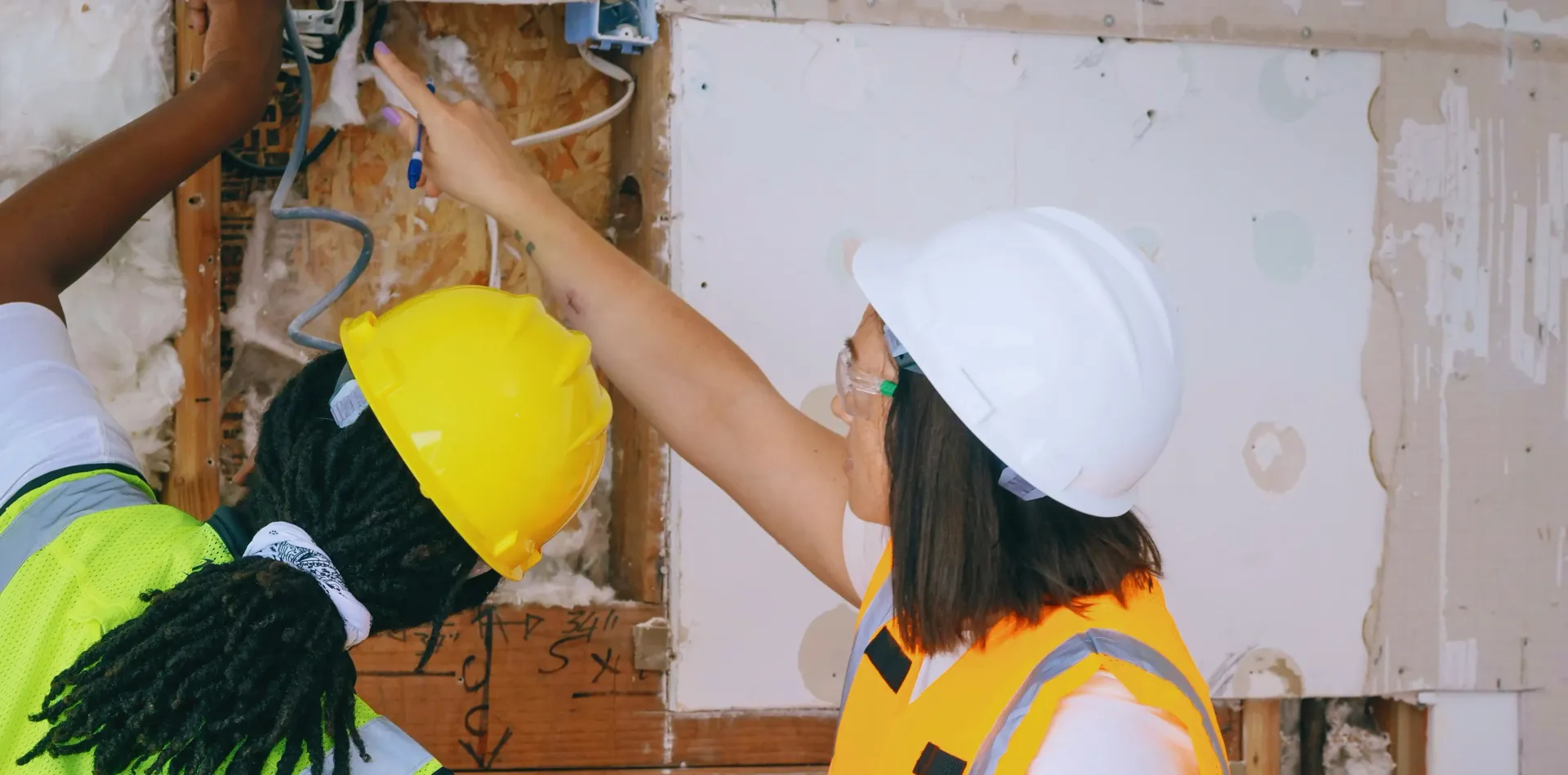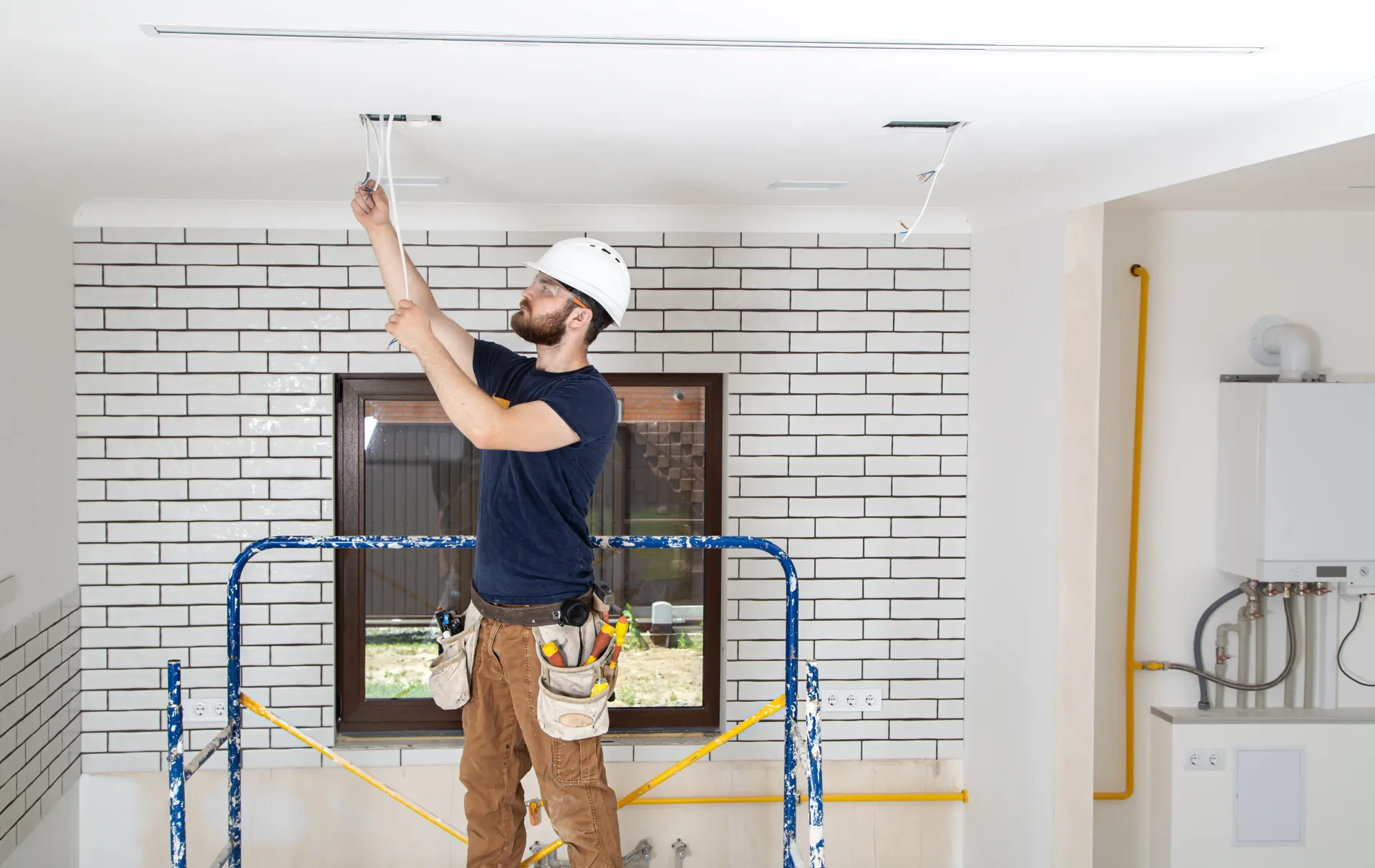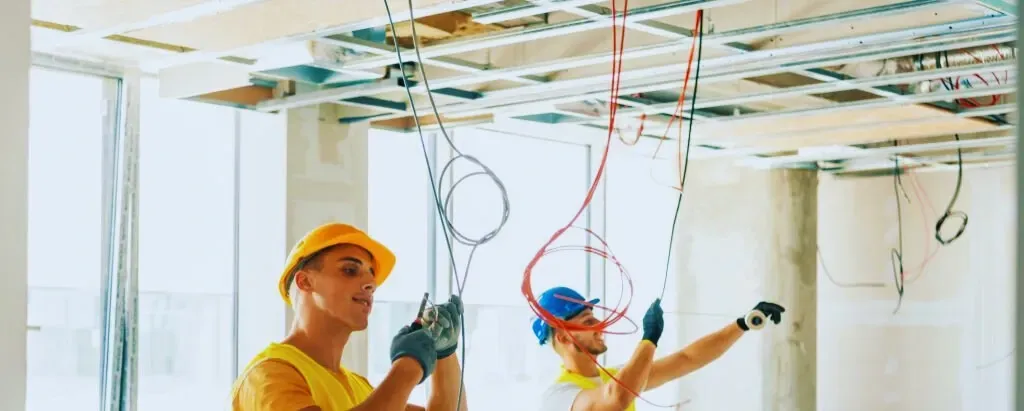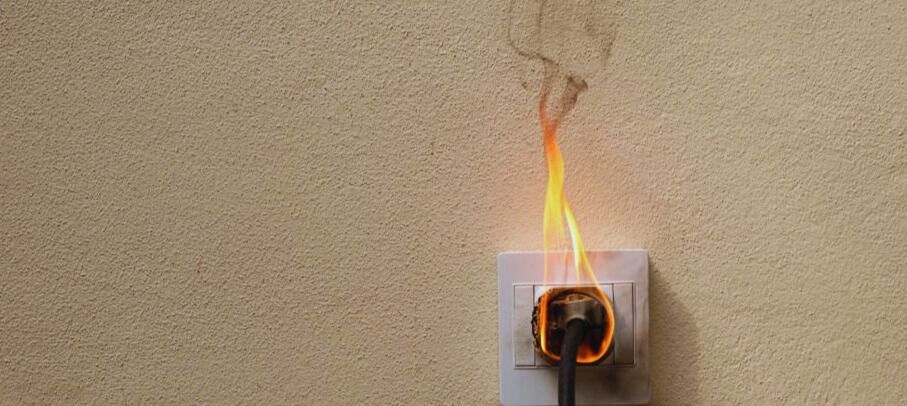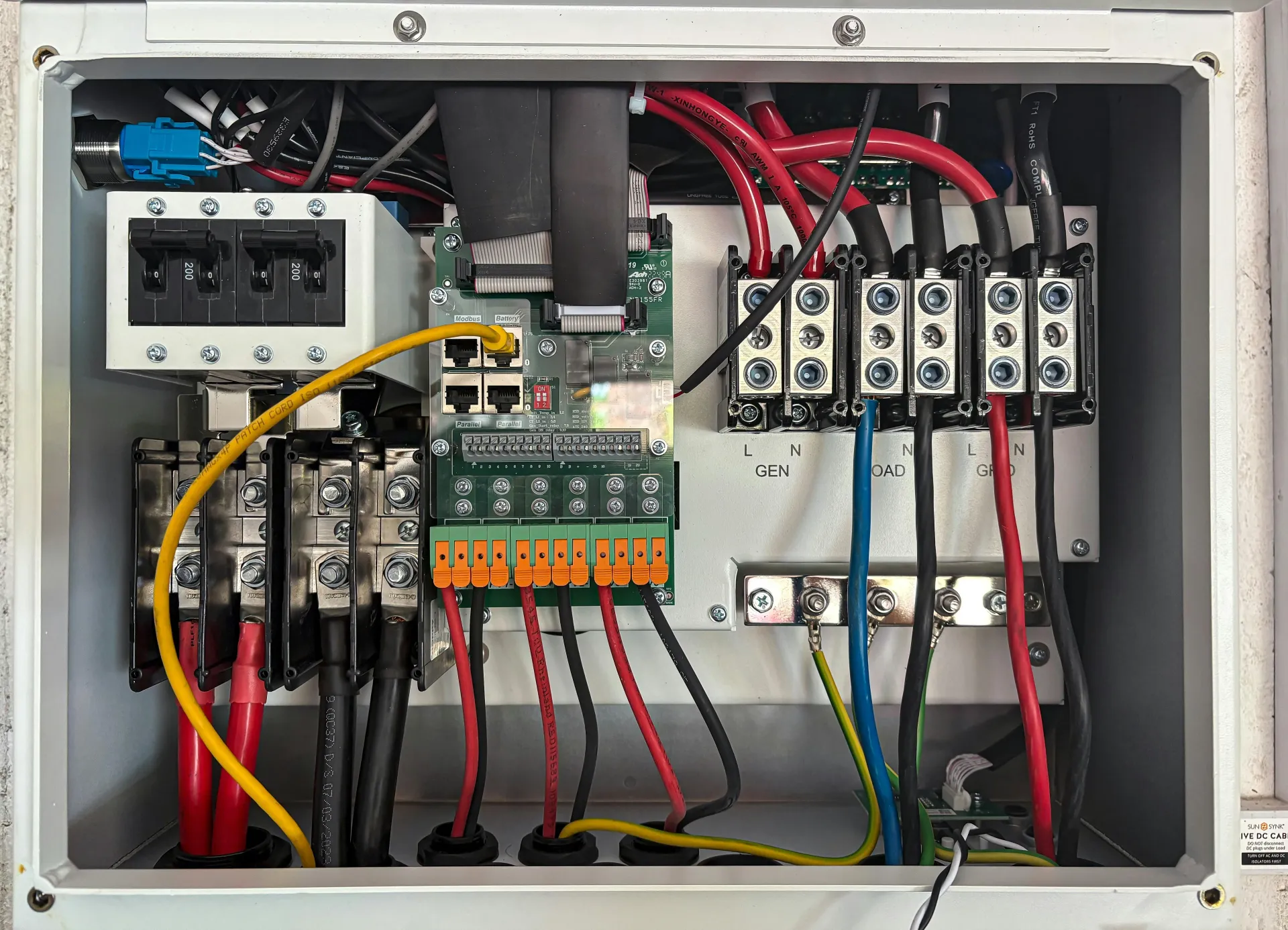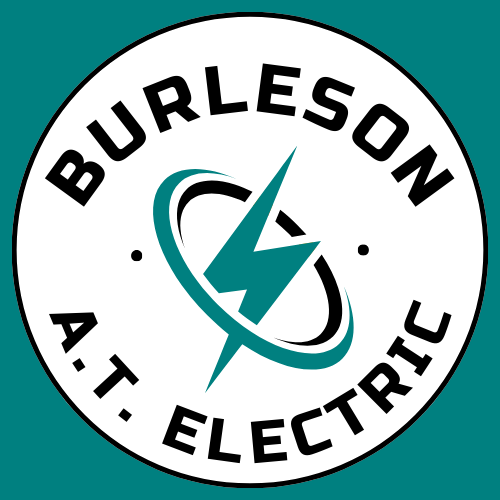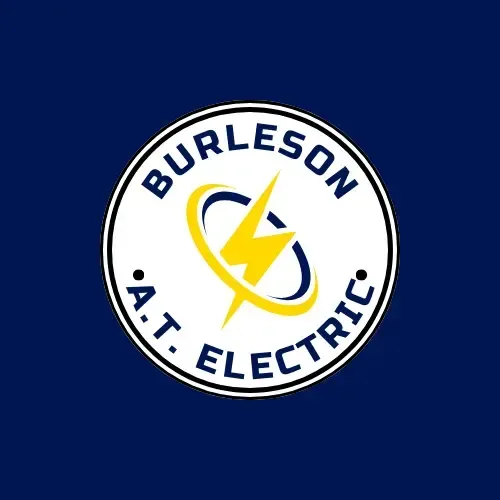Safe, Not Sorry: The Crucial Role of Electrical Safety in Every Home
Discover why "Safe, Not Sorry: The Crucial Role of Electrical Safety in Every Home" is more than just a motto. Learn about vital tips, risks, and expert services to keep your home safe from electrical hazards.
Understanding Electrical Safety in Homes
Electrical safety in homes isn’t just a good idea—it’s a necessity. Every flick of a switch or plug into a socket comes with the responsibility of ensuring it’s safe. From powering your devices to lighting your rooms, electricity is everywhere. But if mishandled, it can cause fires, injuries, or even fatalities. Understanding how to manage electrical systems responsibly protects your loved ones, your property, and your peace of mind.
You might think your home is safe just because the lights work. But hidden wiring, overloaded outlets, and improper use of appliances can all lead to trouble. Electrical safety means staying aware, inspecting systems regularly, and getting professional help when needed.
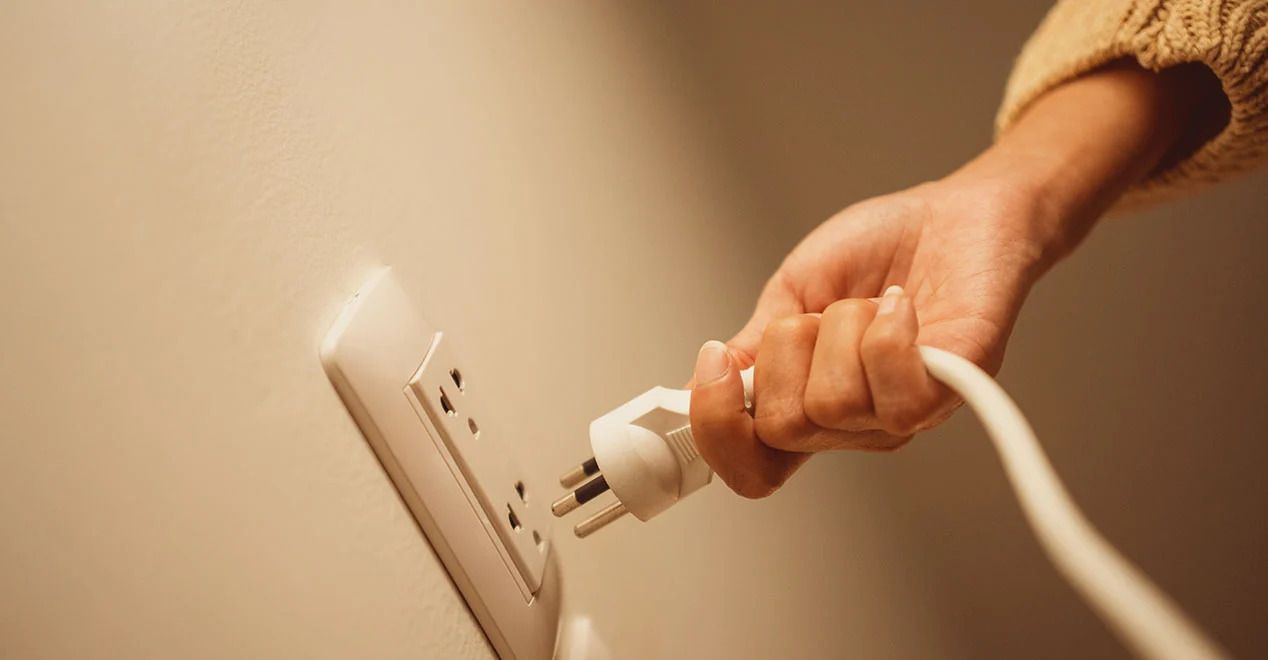
Why Electrical Safety is Non-Negotiable
Electricity is invisible but mighty—and that’s exactly why it's dangerous. Electrical accidents are among the leading causes of home fires. According to the National Fire Protection Association (NFPA), electrical malfunctions cause nearly 50,000 home fires annually in the U.S. alone.
Ignoring warning signs like flickering lights or hot outlets may seem harmless, but the risks can escalate fast. Safety shouldn’t be optional; it must be embedded into everyday practices. Simple habits like unplugging unused devices, not using damaged cords, and turning off power before repairs can save lives.
Common Household Electrical Hazards
Here are some common culprits you might find in your own home:
- Extension cords stretched under carpets
- Overloaded power strips
- Old or frayed wires
- Outlets near water sources without protection
- Appliances with exposed wiring
Even one of these issues can spark an electrical fire or cause a serious injury. Take the time to walk through your home and identify these dangers. Prevention starts with awareness.
Signs of Unsafe Electrical Systems
Watch out for these red flags:
- Frequent circuit breaker trips
- Burning smells from outlets or appliances
- Buzzing sounds when lights are on
- Warm or discolored wall plates
- Lights that flicker or dim randomly
These are not just annoyances—they're cries for help from your electrical system. If you notice these signs, don’t ignore them. Call a qualified electrician immediately.
How Outdated Wiring Puts You at Risk
Older homes may have charm, but they often come with outdated wiring. Systems built decades ago weren't designed to handle modern electrical loads. This includes:
- Knob-and-tube wiring
- Aluminum wiring
- Lack of grounding
These systems are more prone to overheating, sparking, and fire. An inspection by a licensed professional can help you determine whether it's time for an upgrade. Never take chances with antique wiring.
The Importance of Regular Electrical Inspections
Scheduling routine electrical inspections is one of the smartest safety decisions you can make. A professional can:
- Identify fire hazards
- Test grounding and wiring systems
- Ensure code compliance
- Recommend upgrades for safety
If you're unsure where to start, reach out to a reputable provider for an Electrical Service check-up. It’s better to be proactive than reactive.
DIY vs. Professional Electrical Work: What’s Safer?
While a quick YouTube tutorial might tempt you to handle electrical tasks yourself, it’s not worth the risk. DIY electrical work can lead to:
- Electrocution
- Fire hazards
- Code violations
- Insurance claim denials
Hiring a licensed electrician guarantees the job is done safely and legally. The right professionals have the training and tools to protect you and your home.
Childproofing Your Home from Electrical Dangers
Young children are naturally curious, which makes them vulnerable around electricity. Here’s how to protect them:
- Use tamper-resistant outlets
- Install outlet covers
- Keep cords out of reach
- Teach electrical safety early
Taking these steps helps prevent accidents before they happen. Always supervise kids around appliances and power tools.
The Dangers of Overloaded Circuits
Plugging too many devices into one outlet can cause overheating and sparks. Signs of an overloaded circuit include:
- Breakers tripping often
- Outlets buzzing or feeling warm
- Flickering lights
To avoid this, distribute devices across multiple outlets, use power strips with surge protection, and consider adding new circuits if needed.
How Ground Fault Circuit Interrupters (GFCIs) Save Lives
GFCIs shut off power when they detect a ground fault, reducing the risk of shock and fire. They are especially important in areas with water, such as:
- Bathrooms
- Kitchens
- Garages
- Outdoor spaces
If your outlets aren’t GFCI-protected, it's time for an upgrade. These inexpensive devices can prevent tragedies.
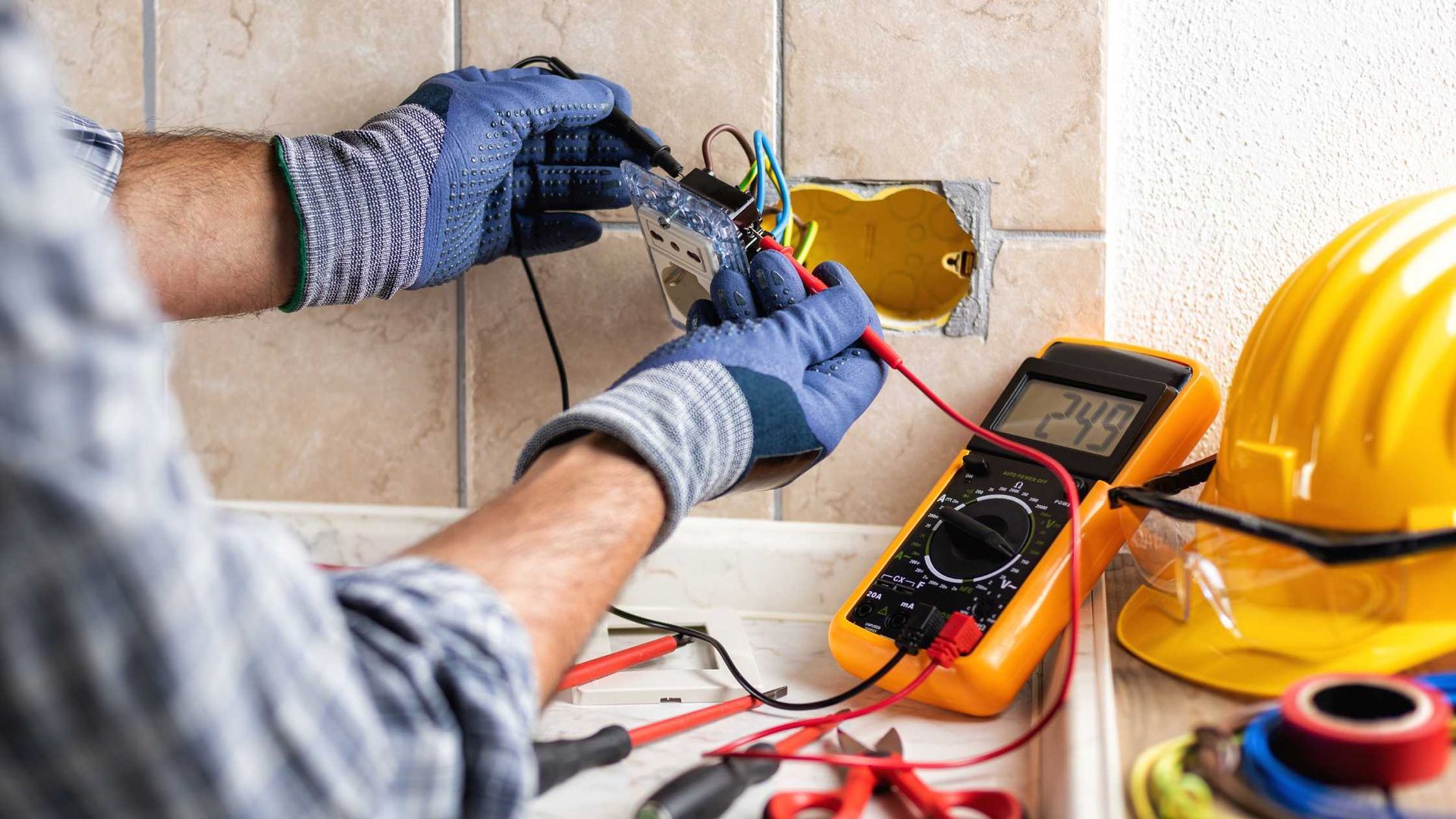
Surge Protectors: An Essential Safety Tool
A sudden power surge can fry your electronics and spark fires. Surge protectors absorb excess voltage and keep your devices safe. Use them for:
- Computers
- TVs
- Home theater systems
- Kitchen appliances
Don’t confuse surge protectors with power strips—they're not the same. Look for units with a high joule rating and built-in circuit breakers.
Electrical Panel Safety: What You Need to Know
Your electrical panel is the heart of your home’s power system. If it’s outdated or overloaded, it becomes a serious fire risk. Signs you need a panel upgrade:
- Fuses instead of breakers
- Rust or corrosion
- Panels over 25 years old
- Frequent breaker trips
Schedule an inspection if you're unsure. A modern panel ensures safe power distribution.
Preventing Electrical Fires at Home
Here are practical steps to stop electrical fires before they start:
- Avoid daisy-chaining power strips
- Don’t use appliances with damaged cords
- Unplug devices when not in use
- Install smoke detectors in every room
- Use space heaters with automatic shut-off
Fire prevention is always easier than firefighting.
Smart Home Devices and Electrical Safety
Smart homes offer convenience—but also introduce new risks. Ensure your smart devices don’t overload your network or circuits. Choose certified products and keep firmware updated. Smart doesn’t mean careless; always follow safety guidelines.
Tips for Outdoor Electrical Safety
Outdoor power needs extra precautions:
- Use weatherproof covers
- Keep cords off wet ground
- Install GFCIs on exterior outlets
- Unplug holiday lights overnight
Electricity and water don’t mix. Stay alert when powering backyard setups, holiday displays, or lawn equipment.
Hiring a Licensed Electrician: Why It Matters
Cutting corners to save a few bucks on unlicensed work can cost you dearly in the long run. Licensed electricians:
- Meet local and national safety codes
- Offer insured services
- Provide warranties on work
- Have verifiable credentials
If you need help, visit the Contact page to speak with trained experts who care about your safety.
Electrical Service You Can Trust
When it comes to safety, only work with professionals who have a proven reputation. The right Electrical Service offers timely, thorough, and trustworthy solutions to every problem, big or small. They’ll ensure your home is both powered and protected.
What to Do in an Electrical Emergency
In case of an electrical emergency:
- Turn off the main power switch
- Call 911 if there’s fire or injury
- Evacuate if needed
- Do not touch exposed wires
- Contact a licensed electrician immediately
Being calm and prepared can make all the difference.
FAQs About Electrical Safety
What’s the most common cause of electrical fires?
Overloaded circuits and outdated wiring are top causes of residential electrical fires.
How often should I schedule an electrical inspection?
Every 3–5 years, or annually for older homes.
Can I use extension cords permanently?
No. They’re meant for temporary use and can overheat with long-term load.
Are power strips and surge protectors the same?
No. Surge protectors guard against voltage spikes; power strips do not.
How do I know if my home needs rewiring?
If your home is over 30 years old or has frequent electrical issues, a professional inspection is needed.
Is it safe to reset a tripped breaker?
Yes, if it happens rarely. Frequent trips mean a deeper problem that needs attention.
Stay Safe, Not Sorry: Making Electrical Safety a Priority
Electrical safety isn’t about being overly cautious—it’s about being smart. Small changes and timely inspections can prevent major disasters. From installing GFCIs to hiring licensed pros, your home deserves nothing less than top-tier protection. Prioritize electrical safety, because it’s not just your home on the line—it’s your life.
Links
